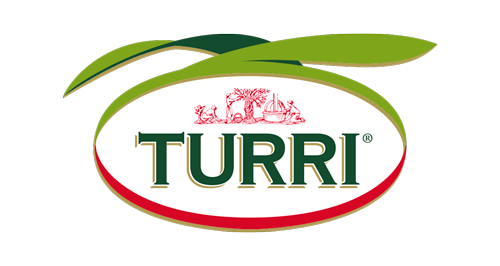A few suggestions on how to store extra virgin olive oils so as to preserve its flavour and properties.
Imagine that you have just purchased some excellent extra virgin olive oil, have brought it home and now you want to store it in the best possible manner. How should you proceed? What are the factors that you should take into account? Below is a list of oil’s worst enemies, therefore everything you should avoid so as not to lose any of its flavour and aroma.
Oxygen
Oxygen, together with light and heat, is the main cause of oxidation, which is the process that causes the oil to turn rancid. This is because oxygen reacts with fatty acids, altering the chemical composition of oil. It is for this reason that you should never keep oil in half-empty bottles or tins, where it is exposed to large volumes of air. Ideally, you should store extra virgin olive oil in small vessels (steel oil cruets are perfect), which should carefully closed after use. To eliminate oxygen from the bottle, you could purchase the vacuum stoppers and pumps designed for wine.
Light
Have you ever wondered why extra virgin olive oil is usually sold in dark glass bottles? The answer is quite simple: light is another enemy of oil, and is responsible for its oxidation just as much as oxygen. The bottles should therefore be stored away from the light, in a cool dry place. The oil used on a daily basis should be kept in small cruets, ideally made of steel, tin, porcelain or dark glass.
Heat
Extra virgin olive oil should never be subjected to sudden changes in temperature. Heat is the main cause of alterations in its colour and flavour, whereas at low temperatures, oil tends to solidify and risks damage. This is why oil should e kept in a cool place, such as a cellar, far from radiators and other sources of heat. The ideal storage temperature ranges between 14 and 18 °C.
Plastic
As mentioned previously, extra virgin olive oil should be poured into small containers, but not plastic ones. This is not an ideal material because PET and PVC can release toxic compounds into the oil, especially if the bottles are old or have been used often. Moreover plastic bottles are usually transparent, and should therefore be avoided.


